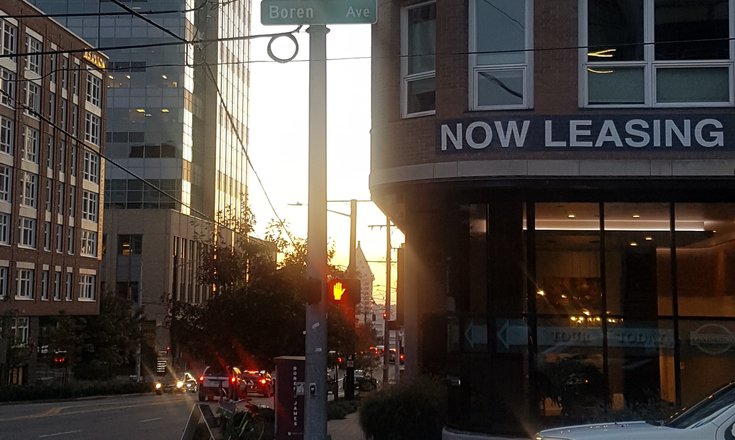While there’s a demand for housing in Seattle, there are few resources for rent subsidy within student groups, and rent is quickly rising. As one of the fastest growing cities in America, Seattle has undergone a drastic increase in the price of rent as more and more people are living in the Emerald City.
Capitol Hill is one of the city’s most popular and increasingly crowded areas. It is also a place with easy access to the other areas of our city, being a central location for transportation. It is a place with a lot of geographical advantages, but a growing concern is that the rent is quite high compared to the other areas of Seattle. According to Zillow’s data, the median value of the rent in Seattle (as of August, 2019) is $ 2,400 per month, which for many students is a large amount of money. This has been a widespread concern for not just the locals who have lived here for however long, but a large group of those impacted are immigrants and international students who just arrived in this city.
With that said, there are still some ways to reduce the expense in housing. As a lot of buildings are built to meet the skyrocketing needs for housing in the city, construction companies can’t miss this opportunity. It is certain that building a house in this city will definitely be lucrative. Construction companies don’t want their units to be empty for long, so historically they will try to offer incentives such as discounted parking lot, or waiving the rent of the first month. In such cases, negotiating the price down might be possible, but the demand for housing makes the economy a landlord’s market.
As far as resources that do exist, the Multifamily Tax Exemption program, (MFTE) can also be a useful tool to cut down the expenditure. Seattle city government has more resources for benefits included on their site. This can bring about a 20 ~ 25 % discount off of rent for a single person or family. Also, there are a few more subsidized housing programs available for people with low income of between 30 % ~ 80 % of the median income of the area, including, but not limited to, Section 8 vouchers and Rapid Rehousing where applicable.
So, what plans does Seattle and Capitol Hill’s municipal government and politicians have for rent control? Seattle city council has been working on rent regulations, and the politicians are bringing up with their new policies. Increase of rent has been drastic compared to other major cities, which is a grave concern for many people. Kshama Sawant, who has been a member of the city council for three terms, has included rent control as a part of her political campaign. According to her site, “rent increases would be tied to inflation (around 2% or 3% per year),” leaving less of a gap for aspiring renters. We have contacted Sawant’s office for further information about their future plans for the area’s rent control, but didn’t get a response.
All this is to say that rent is a growing issue for the city of Seattle, and impacts the local residents of the city as well as the new citizens acclimating to our student body.







Be First to Comment